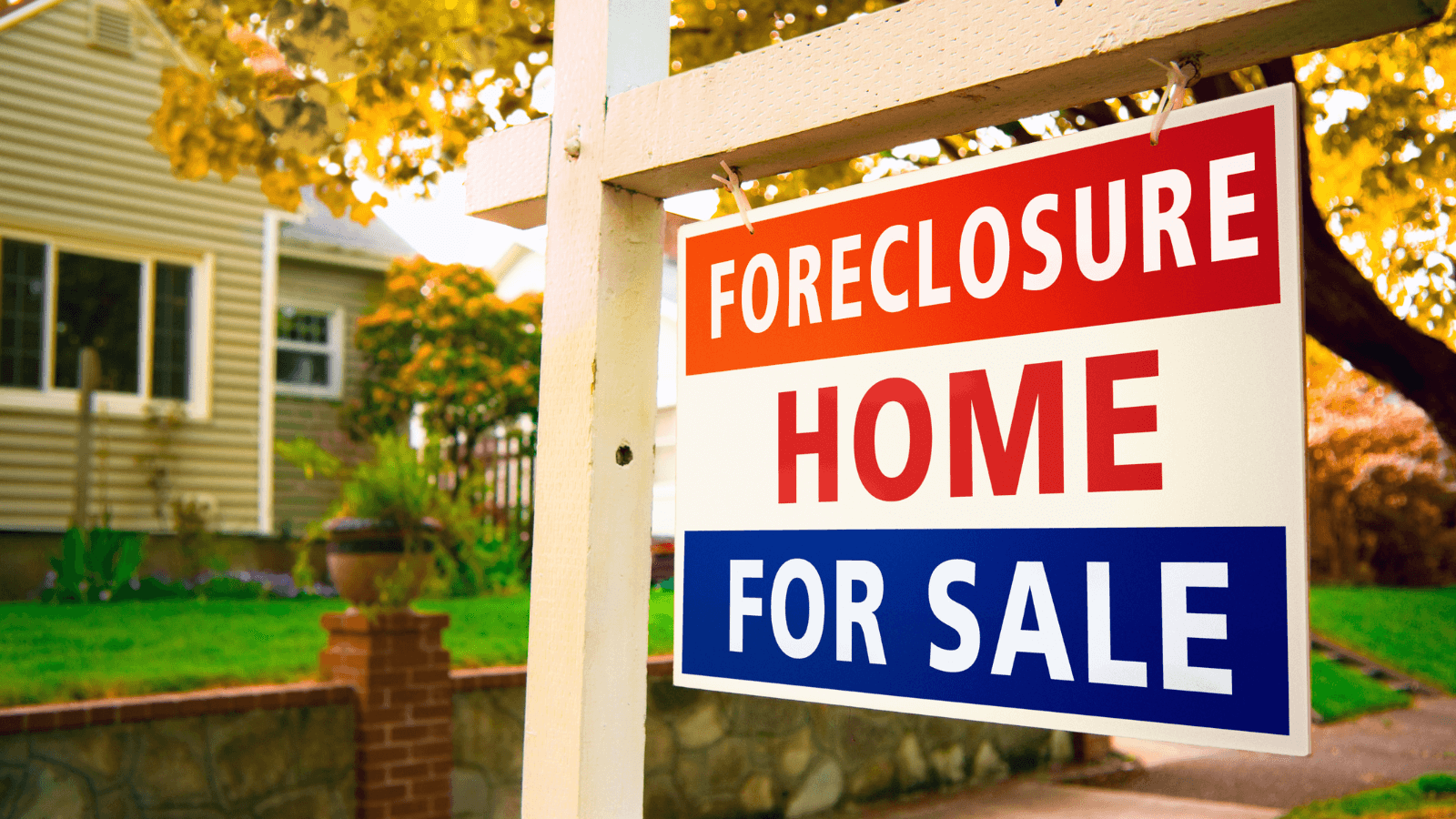In light of the current economy and real estate market, many homebuyers in North Carolina are turning to the foreclosure home market to find more affordable houses in markets where they have been priced out. While this can be a great way to get a good deal on a property, this can also be a complex process that requires a strategic approach.
If you’re interested in buying a foreclosed home in North Carolina, there are a few things you should keep in mind.
Understanding the Foreclosure Process
Foreclosure occurs when a homeowner defaults on mortgage payments, leading the lender to seize and sell the property to recover their investment. In North Carolina, foreclosures primarily follow a non-judicial process, meaning they occur without court involvement, so they are heard in front of the county clerk instead of a judge.
This streamlined process can offer advantages to savvy buyers. However, it’s important to note that the non-judicial process can pose some risks for buyers. Without the oversight of a judge, there is a greater chance of errors or mistakes in the foreclosure process. It’s crucial to do your due diligence and consult an experienced real estate attorney who can help you thoroughly research the property and its history before making an offer.
Steps to Purchase a Foreclosed Home
Do your research
If you’re interested in buying a foreclosed home, you’ll need to do your research. Start by identifying properties— often available through real estate websites, auction services, or local government offices— in foreclosure and determining their current status. You can do this by searching for foreclosure listings online or working with a real estate attorney or agent specializing in foreclosures.
Get pre-approved
Before you start looking for properties, getting pre-approved for a mortgage is essential. This will give you an idea of how much you can afford to spend on a foreclosed home. Having financing in place also positions you as a serious buyer.
Inspect the property and do your due diligence
Once you’ve identified a property you’re interested in, you must do your due diligence. This may involve inspecting the property, researching its title history, and determining its market value. You’ll also need to consider any liens or other outstanding debts on the property, as these can affect your ability to take ownership. It’s important to turn to professionals for this; a real estate attorney can conduct a title search on the property, while a professional inspector can identify any issues with the property and give you an idea of what repairs may be necessary.
Remember: many foreclosed properties are sold as-is, and you’ll need to move quickly.
Foreclosure auctions
In North Carolina, most foreclosure properties are sold through county sales auctions. Although you can often find listings of available foreclosure homes online, you cannot submit bids online. You must either attend the auction yourself or send your real estate attorney or agent to represent you to place a bid. Attend auctions prepared with a clear budget and an understanding of the property’s condition.
Let Starling Law Firm Guide You Through the Process
Buying a foreclosed home in North Carolina can be a rewarding venture, but navigating the complexities of the buying process requires legal expertise. The real estate attorneys at Starling Law Firm have experience in many different real estate transactions. They will use their experience to guide you through the foreclosure home-buying process, guiding clients through title searches, ensuring compliance with state laws, and offering crucial insights into potential pitfalls. Whether it’s conducting due diligence on a property or representing you at an auction, you can count on our team to keep your best interests in mind and help you realize your dream of homeownership.
Contact our office today to speak with an attorney.

